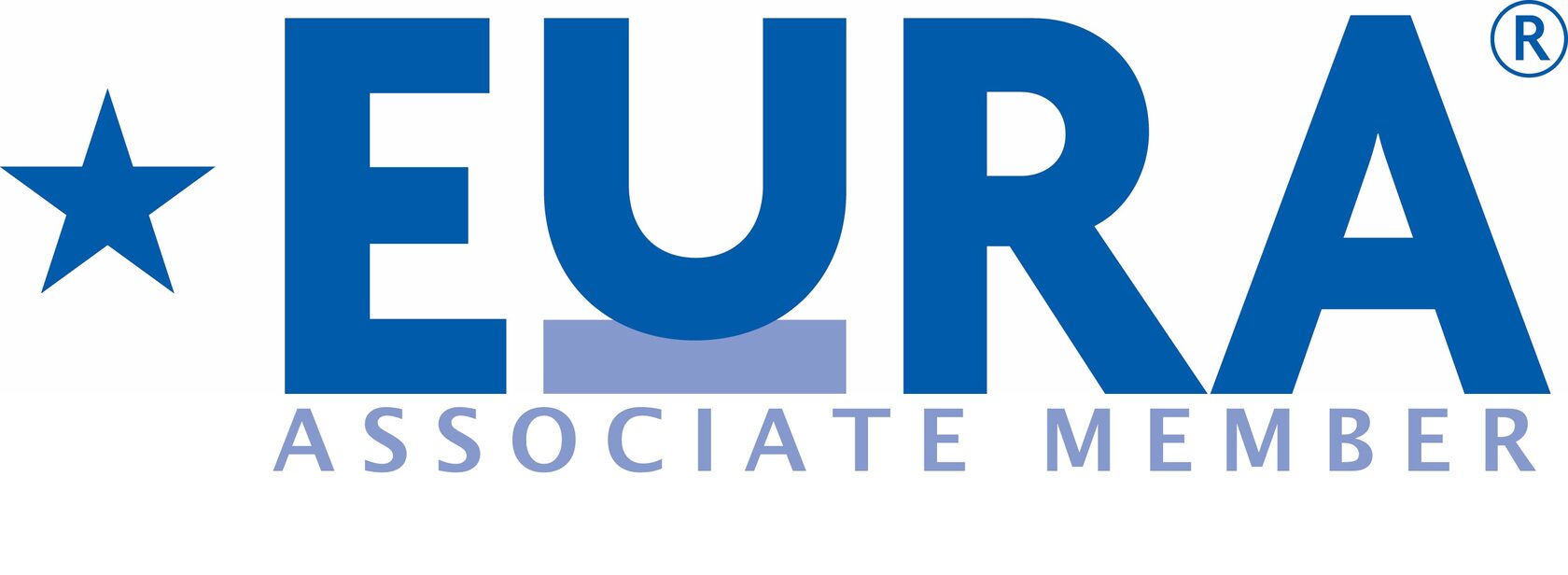The term 'digital nomad' describes anyone whose online job allows them to work remotely, irrespective of a specific job title like an accountant or content writer. Digital nomads aren't confined to one location and can work from anywhere with wifi access.
A digital nomad visa, although not typically labeled as such by issuing authorities, is a legal authorization allowing individuals to work remotely while living outside their home country. Governments often give these programs unique names, such as the Cayman Islands' "Global Citizen Concierge Program," or refer to them using broader terms like residence permit. However, it's important to note that these visas may not be exclusively aimed at digital nomads.
Both working professionals and students can take advantage of digital nomad visas, but the requirements and costs vary. For instance, the "Work From Bermuda Certificate" demands that student applicants provide proof of enrollment in an educational program.
Digital Nomad Visa programs are increasingly popular worldwide. Common eligibility criteria include being over 18 years old and being able to prove a certain minimum monthly income, which differs by country.
A digital nomad visa, although not typically labeled as such by issuing authorities, is a legal authorization allowing individuals to work remotely while living outside their home country. Governments often give these programs unique names, such as the Cayman Islands' "Global Citizen Concierge Program," or refer to them using broader terms like residence permit. However, it's important to note that these visas may not be exclusively aimed at digital nomads.
Both working professionals and students can take advantage of digital nomad visas, but the requirements and costs vary. For instance, the "Work From Bermuda Certificate" demands that student applicants provide proof of enrollment in an educational program.
Digital Nomad Visa programs are increasingly popular worldwide. Common eligibility criteria include being over 18 years old and being able to prove a certain minimum monthly income, which differs by country.
Does Poland have a Digital Nomad Visa?
No. For non-EU citizens aiming to settle in Poland, securing employment with a Polish company is essential. Conversely, EU or EEA citizens have the freedom to work in Poland as digital nomads without restrictions. At present, Poland does not offer a specific digital nomad visa. Options include being employed by a Polish company or establishing your own business, such as a Limited Liability Company (LLC) or a sole proprietorship. This business connection to Poland allows you to apply for a Temporary Residence Card.
Additionally, you can apply for a residence permit if you are enrolled in a Polish university or school, have family reasons, or are participating in voluntary programs. In summary, to apply for a residence permit or visa in Poland, you need to have a tangible link in Poland that aligns with the purpose of your stay.
Additionally, you can apply for a residence permit if you are enrolled in a Polish university or school, have family reasons, or are participating in voluntary programs. In summary, to apply for a residence permit or visa in Poland, you need to have a tangible link in Poland that aligns with the purpose of your stay.
When Poland will introduce Digital Nomad Visa Program?
As of my last update, there was no official announcement regarding the specific launch date of a Digital Nomad Visa Program in Poland. However, expectations were set for it to potentially happen at the earliest in 2025, following the initiation of the ETIAS (European Travel Information and Authorization System) program. This timeline was partly due to the high volume of applications Polish consulates were handling and the need to adequately prepare for the implementation of ETIAS. It's important to stay updated with the latest information from official sources or the Polish government for any new developments or official announcements regarding the Digital Nomad Visa Program.
Top 5 cities in Poland to live Digital Nomad
Let's discuss the best places where digital nomads live in Poland:
Warsaw
Poland's vibrant capital, is a top choice for digital nomads due to its modern amenities, rich cultural scene, and affordable living costs. Offering a mix of coworking spaces, historical attractions, and a lively international community, it's an ideal hub for remote work and travel within Europe. This dynamic city blends a contemporary lifestyle with historical charm, making it both a fascinating and practical base for digital nomads.
Wrocław
Wroclaw, Western Poland's largest city, is well-connected to Krakow and nearby German regions. Its population continues to grow, attracting a diverse mix of nationalities and a substantial student community. The city's expat community enjoys a blend of historical charm, like the 13th-century markets, and modern cultural influences. Wroclaw's climate, one of Poland's warmest, features mild winters with an average January temperature of -0.5°C and pleasant summers, averaging just under 20°C in July, making it an appealing destination for expats.
Kraków
Krakow, Poland's second-largest and oldest city, houses over 1.5 million people and spans 1,023.21 square kilometers. Nestled on the Vistula River in Lesser Poland, it's a hub of intellectual, artistic, and cultural activities, as well as a main economic center. The population is predominantly Polish, with significant Slovak, Jewish, Ukrainian, and Armenian communities, and a growing number of expatriates attracted by the booming economy.
While Polish is the primary language, languages like Yiddish, Hebrew, Slovakian, and Ukrainian are also spoken, and English is common among the youth and professionals. Krakow's climate brings temperate weather, with average summer temperatures between 18 and 19.6°C, occasionally soaring above 25°C.
While Polish is the primary language, languages like Yiddish, Hebrew, Slovakian, and Ukrainian are also spoken, and English is common among the youth and professionals. Krakow's climate brings temperate weather, with average summer temperatures between 18 and 19.6°C, occasionally soaring above 25°C.
Gdańsk
Digital nomads are drawn to Gdańsk for several reasons: the city boasts a low unemployment rate, particularly in fields like finance and IT, making job opportunities plentiful. Gdańsk, as a modern city, offers a variety of leisure activities, including cinemas, theaters, and events. The availability of numerous rental apartments across the city further adds to its appeal. Additionally, the cost of living is relatively lower compared to many Western European cities, making it economically attractive.


